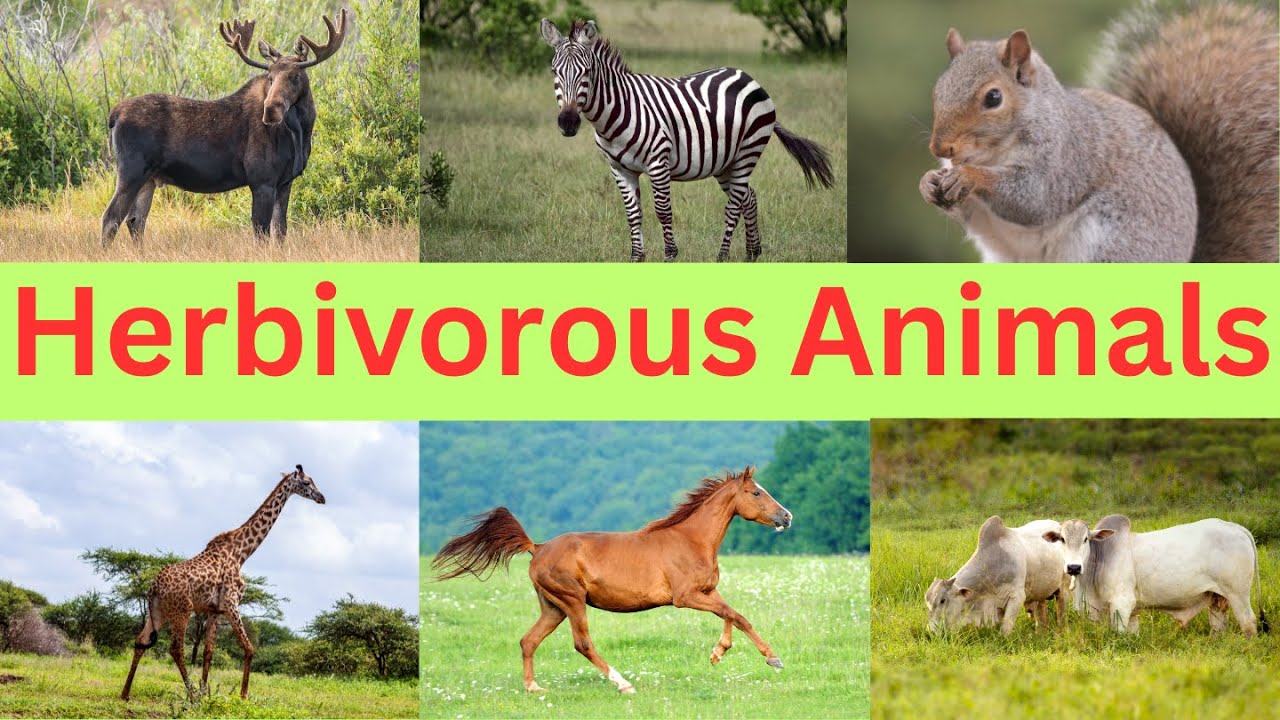
Apply Now


Practical Guide to the Carnivore Diet and Its Impact on Cholesterol
The carnivore diet has gained traction in recent years as a controversial yet intriguing approach to eating. This dietary regimen focuses on the consumption of animal products while completely excluding plant-based foods. Advocates claim that it offers numerous health benefits, including better cholesterol levels, weight loss, and improved heart health. However, transitioning to this diet raises questions and concerns about cholesterol management and potential health risks. Understanding cholesterol levels is critical for those considering a carnivore diet. Cholesterol plays an essential role in bodily functions, and it's important to differentiate between "good" (HDL) and "bad" (LDL) cholesterol. In this guide, we will explore the relationship between the carnivore diet and cholesterol levels, examine the implications for heart health, and provide practical tips for individuals interested in this dietary approach. Throughout this article, we will cover various topics, including dietary fats, nutrient density, and essential nutrients specific to an animal-based diet. Whether you're contemplating the carnivore diet or merely interested in cholesterol management, you'll find actionable insights to help inform your food choices and eating habits.Understanding Cholesterol Levels in the Context of the Carnivore Diet
With the increasing popularity of the carnivore diet, it's crucial to delve deeper into cholesterol levels and their implications. Cholesterol management is a pivotal concern, especially since high cholesterol can be linked to cardiovascular diseases. The two main types of cholesterol include LDL (low-density lipoprotein) and HDL (high-density lipoprotein), and understanding their functions is key to assessing health outcomes.Differentiating Between LDL and HDL Cholesterol
LDL cholesterol is often referred to as "bad" cholesterol because it can build up in the walls of arteries, leading to heart disease. Conversely, HDL is considered "good" cholesterol as it helps remove LDL cholesterol from the bloodstream. A balanced ratio of these two types is vital for heart health. Diet plays a significant role in this balance, and the carnivore diet tends to be high in dietary fats, which may influence cholesterol metabolism.Cholesterol Production and Dietary Sources
The body produces cholesterol naturally, but dietary choices can significantly impact blood cholesterol levels. Red meat, organ meats, and other animal-based foods are rich in dietary cholesterol. Interestingly, recent studies suggest a complex relationship between dietary cholesterol intake and blood cholesterol levels, which can lead to a cholesterol paradox where some individuals may have high dietary cholesterol yet maintain healthy cholesterol profiles. Understanding these dynamics is essential for those following a carnivore diet.Potential Health Risks Associated with High Cholesterol
Despite some proponents' claims that the carnivore diet can improve overall health, high cholesterol levels remain a significant health risk if not properly managed. Elevated LDL has been associated with heart diseases, strokes, and other cardiovascular issues. Thus, even with a low carbohydrate intake and higher levels of saturated fats, it is vital to monitor cholesterol levels regularly.Navigating Dietary Fats and Their Impact on Heart Health
Dietary fats are a staple in the carnivore diet, leading many to question their implications for heart health. Understanding saturated fats, unsaturated fats, and their sources can guide individuals in making better food choices.Types of Fats: Saturated vs. Unsaturated
Saturated fats, commonly found in fatty cuts of meat and dairy products, have been historically vilified as contributors to heart disease. However, recent research indicates that not all saturated fats have detrimental effects on heart health. Understanding the composition of fats, including omega-3 fatty acids found in fatty fish, can help individuals make informed decisions about their diet.The Role of Omega-3s and Healthy Fats
Incorporating sources of healthy fats into the carnivore diet, such as fatty fish and quality animal products, is essential. Omega-3 fatty acids have been shown to have anti-inflammatory properties and may counter the effects of high LDL cholesterol. Balancing different types of fats can promote overall heart health and mitigate the risks associated with the carnivore diet.Meal Prep Strategies for Cholesterol Management
Managing cholesterol levels while following a carnivore diet can be supported through careful meal preparation. Preparing nutrient-dense meals with high-quality animal products ensures you are fueling your body properly. Simple recipes focusing on balance and variety, such as incorporating organ meats and fatty fish, can enhance nutritional quality and support heart health.The Science Behind the Carnivore Diet and Inflammation
Inflammation is a key factor in many chronic diseases, including heart disease and metabolic syndrome. Evaluating the impact of the carnivore diet on inflammation is vital for understanding its long-term health outcomes.Cholesterol, Inflammation, and Cardiovascular Health
Emerging research suggests a complex relationship between cholesterol, inflammation, and cardiovascular health. Some studies indicate that inflammation may contribute more significantly to heart disease than cholesterol levels alone. Understanding how dietary choices influence these factors is crucial for optimizing health outcomes.The Importance of Nutrient Density in Food Choices
One of the significant advantages of the carnivore diet is its high nutrient density. Animal products are packed with essential nutrients such as vitamins and minerals that play vital roles in bodily functions. Ensuring adequate nutrient intake can help combat inflammation and support overall health.Assessing Individual Needs for Optimal Health
Personalized nutrition is essential in managing cholesterol levels effectively. Different individuals may respond variably to the same dietary regimen, making it necessary to assess unique needs. Consulting health professionals and utilizing cholesterol testing can aid individuals in understanding their body’s responses to the carnivore diet.Creating a Balanced Carnivore Meal Plan
Crafting a carnivore meal plan that accommodates your health goals and tastes is pivotal for sustainable adherence to the diet.Sample Carnivore Meal Plan for Health Optimization
A successful carnivore meal plan should prioritize nutrient-rich animal products while emphasizing variation in protein sources. This may include meals centered around fatty cuts of meat, organ meats, and healthy fats. Embracing meal variety ensures that dietary restrictions don’t lead to nutrient deficiencies, fostering better health outcomes.Cooking Methods That Enhance Nutrient Absorption
The way foods are prepared can significantly impact nutritional quality and absorption. Techniques such as slow cooking, grilling, and steaming can help maximize benefits. Focusing on whole foods and correct cooking methods allows individuals to make the most of their food choices while adhering to the carnivore diet.Hydration and Its Role in a Carnivore Diet
Staying hydrated is crucial for anyone on a diet, especially one as restrictive as the carnivore diet. Ensuring adequate fluid intake aids digestion and supports overall health. Monitoring hydration levels can be an important component of successfully managing cholesterol levels through dietary choices.Addressing Common Misconceptions About the Carnivore Diet and Cholesterol
While the carnivore diet has garnered a following, it is not without its critics. Many misconceptions exist regarding its effects on cholesterol and heart health.The Cholesterol Absorption Myths
A common misconception is that all dietary cholesterol directly impacts blood cholesterol levels. However, it is important to recognize that the body regulates its cholesterol production. Exploring these misconceptions can help individuals make informed and science-backed dietary choices.Skepticism Surrounding High Meat Consumption
Critics often raise concerns regarding the long-term effects of high meat consumption on heart health. By reviewing current research and expert opinions, we can address these fears with evidence-based insights, providing a balanced perspective on the carnivore diet.Understanding Dietary Restrictions and Their Implications
Following a restrictive diet can lead to nutritional deficiencies if not planned properly. Understanding the key nutrients essential for health can counteract potential deficiencies associated with the carnivore diet. By being mindful of food quality and diversity, individuals can optimize their health while enjoying this dietary approach.Common Questions and Practical Solutions for the Carnivore Diet
What challenges may arise when starting a carnivore diet?
Many individuals may experience initial gastrointestinal discomfort, fatigue, or cravings for carbohydrates. Adapting gradually and focusing on high-quality animal sources can ease this transition.How can one effectively test cholesterol levels while on the diet?
Regular cholesterol testing is vital in monitoring any changes and understanding individual responses to dietary fats. Health professionals can provide guidance on when and how often to test.What are some strategies for long-term adherence to the carnivore diet?
Exploring diverse food choices, meal prep strategies, and community support can enhance long-term adherence. Planning and being mindful of food quality are key for successful outcomes.
